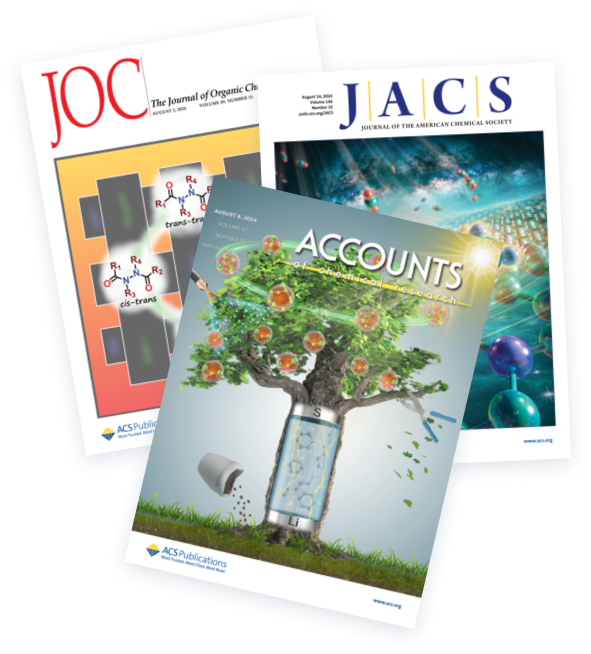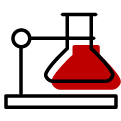Our graduate and undergraduate students collaborate with faculty and staff on research in all fields of chemistry. The very first PhD earned at the University of Utah was in chemistry, by Dr. James M. Sugihara in 1947. Since then, we have awarded doctorate degrees to more than 1,100 students. Today, the Department of Chemistry is one of the U's major research hubs and the largest PhD-granting department on campus. Scientists at the University of Utah benefit from the impressive history of the department and the tradition of excellence our students and faculty have built over the past 67 years.
Explore our state-of-the-art facilities, laboratories and specialized shops where groundbreaking research comes to life.
Partnership & Collaborations
Research is often undertaken in partnership with other groups in the department, other departments on campus and at other universities around the country and around the world. The department’s annual research expenditures total more than $10 million and include grants from federal agencies such as the National Science Foundation (NSF) and National Institutes of Health (NIH), among others.
The department is also the home of the editors of the Journal of the American Chemical Society, Journal of Organic Chemistry and Accounts of Chemical Research.
Research Experiences for Undergraduates - REU Program
Join undergraduates from colleges and universities across the United States. Engage in full-time, cutting-edge research on a project of your choice. REU participants will be fully integrated in our faculty’s research groups, which address various challenging problems in energy, health, environment, and education. This REU program will also emphasize the development of data analysis and modeling skills that are broadly applicable to modern chemistry research.


Housed in the Thatcher Building, the Henry Eyring Center for Theoretical Chemistry applies modern theoretical and computational techniques to address problems in chemical physics, materials chemistry, polymer science, medicinal and biological chemistry and biophysics.
The Center for Cell and Genome Science (CCGS) provides a dynamic, interdisciplinary environment for development and pursuit of strategies to visualize, probe and manipulate the microscopic workings of cells.
The Center for Advanced Microscopy provides advanced technologies to the biosciences community at the University of Utah and to develop new technologies that will drive novel research in the future.
The Center for Science and Mathematics Education (CSME) empowers students to succeed in math and science by enhancing the quality of K-12 instruction and promoting the academic success and career readiness of undergraduate students at the University of Utah.

